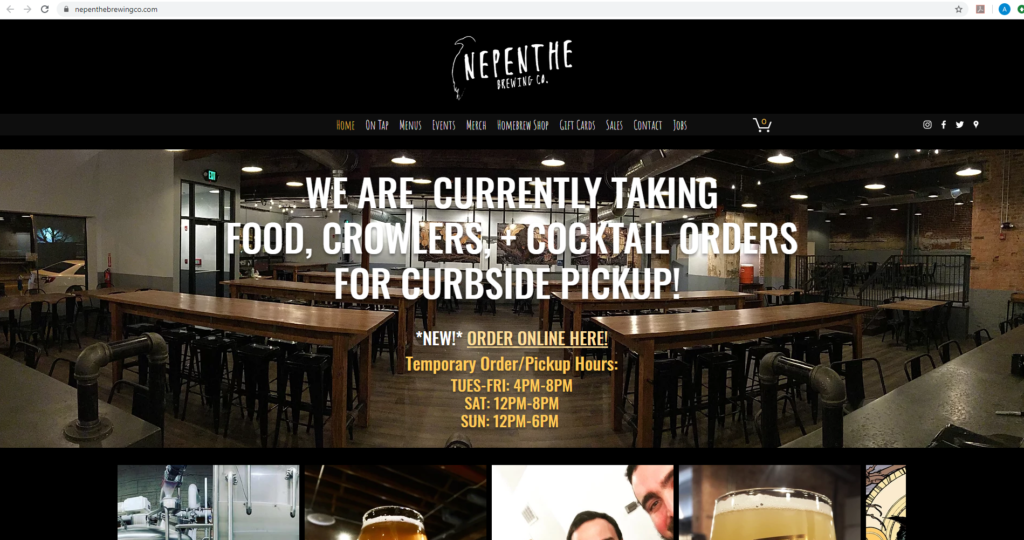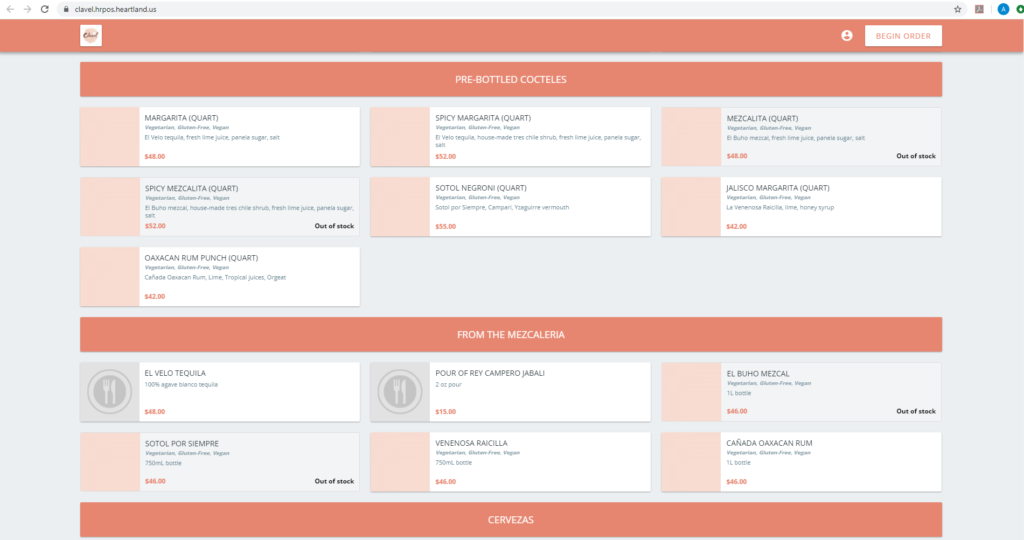By Adam Pagnucco.
Battered by shutdowns of dine-in service, restaurants across Maryland and beyond are taking a severe beating. As a measure of modest compensation, Governor Larry Hogan has allowed restaurants and bars to engage in something unprecedented: takeout and delivery service of alcohol. That partly applies in MoCo too, but there is a holdup.
The county liquor monopoly.
The monopoly has approved takeout and delivery of beer and wine but not of cocktails and other spirits-related products. Meanwhile, California, New York, Florida, Colorado, Vermont, Iowa and the District of Columbia allow takeout and/or delivery of cocktails, although they often require them to be offered in sealed containers and only with food. Governor Hogan’s executive order allows takeout and delivery of spirits too but that is subject to additional restrictions imposed by local jurisdictions. The City of Baltimore has chosen to allow takeout and delivery of cocktails. MoCo has not. Its grant of takeout and delivery authority explicitly says, “This permission does not include liquor.”

Nepenthe Brewing Company in Baltimore advertises takeout cocktails.
The liquor monopoly enjoys a retail monopoly on spirits sales and jealously protects it. For example, after the General Assembly passed a law three years ago allowing the monopoly to contract with private stores to sell spirits, the monopoly simply refused to enter into any such contracts. Loosening its retail spirits sales monopoly might damage its profits, which are the only reason it continues to exist. (Profits are no problem at the moment as the monopoly’s business is booming while folks are stocking up.)
The issue matters because it affects the employment of a key category of personnel in the restaurant industry: bartenders. Data from the U.S. Bureau of Labor Statistics indicates that MoCo and Frederick establishments together employed 1,410 bartenders in 2017, so at least 1,000 of them work in MoCo owing to the comparative size of the counties. The two counties employed an additional 2,680 people classified as “dining room and cafeteria attendants and bartender helpers.” When takeout and delivery is restricted to beer and wine, bartenders are not needed because anyone can handle bottles and cans. But when spirits beverages are allowed, bartenders are necessary.

Clavel Mezcaleria – Taqueria in Baltimore has an online menu of pre-bottled cocktails.
One restaurant owner who contacted me put MoCo’s cocktail ban in economic terms. “Maryland allows it. Montgomery County does not. Baltimore can sell a margarita to go. We cannot. That’s my point. The DLC [liquor monopoly] restricts us again. If they allowed it I could keep some of my staff employed instead of on the unemployment line.”
So what’s more important? The continued employment of a thousand MoCo bartenders? Or the liquor monopoly’s long-time retail spirits monopoly? County officials, you decide.
